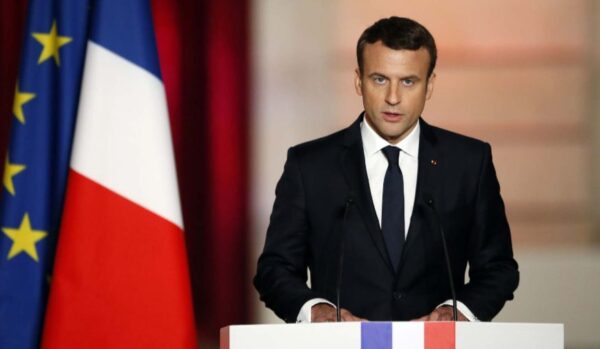194 Views

In a world where political power is often associated with experience and age, a new wave of young leaders is challenging that narrative.
These under-40 leaders represent diverse political ideologies but what unites them is their ability to harness youth energy, social media savvy, and bold ideas to challenge the status quo.
Here’s a look at world leaders who made history by becoming presidents or heads of government before turning 40.
